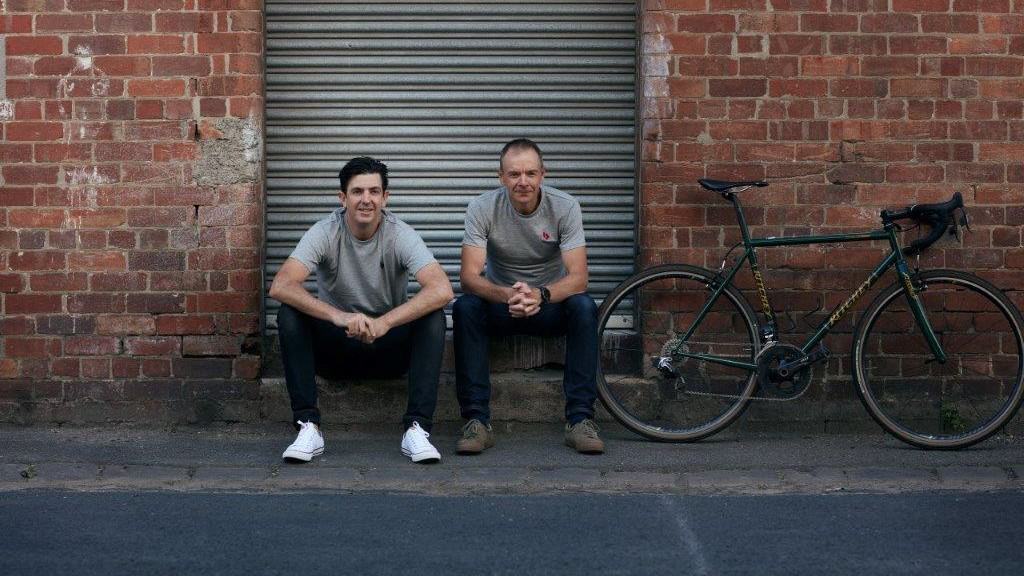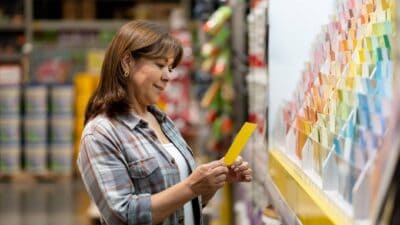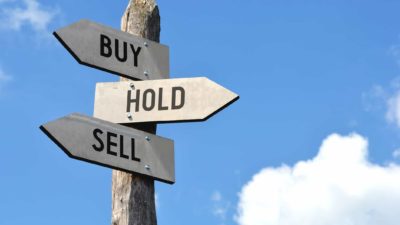It's been 3 months now since the BikeExchange Ltd (ASX: BEX) initial public offering (IPO) on 9 February.
The company, which provides an online cycling market place, connecting brands, retailers and distributors to customers across the globe, has been around as a private entity far longer than 3 months. It was founded in Melbourne back in 2007 by Sam Salter and Jason Wyatt.
Today BikeExchange hosts more than 1,500 brands, 1,640 retailers and 900,000 products globally. The latest figures indicate it attracts 28 million customers annually.
According to BikeExchange's Global CEO Mark Watkin, "Our purpose is to make it easy for customers to buy and sell all things bike."
Earlier today the Motely Fool reached out to Watkin to get his take on how the company's been tracking so far, and what he sees ahead.
Growth across all revenue sources
"We were very pleased to get to that quarterly set of results. That's a milestone for us," Watkin said, referring to BikeExchange's first quarter results (Q3 FY21) as a listed company.
The company reported solid growth across all its sources of revenue, along with record look-through total transaction value, which increased 220% over the prior corresponding period.
Noting that BikeExchange maintained a net cash position of $18.9 million, as of 31 March, Watkin said:
The highlight there is we achieved that growth without having to deploy the capital raised in the IPO. We take a lot of confidence from that. We're in a phase now of strategically planning ahead, particularly for FY22 – growing subscriptions, growing ecommerce transactions and so forth.
All markets are not created equal
Not every geographic market BikeExchange operates in has grown equally fast.
"Europe has been a standout," Watkin told us.
Indeed, revenue in Q3 from its European operations grew by 134% over the prior corresponding period, with growth across all categories. E-commerce was particularly strong, reflecting strong demand for bikes in Europe. Revenue growth in Australia and New Zealand came in at 19%.
According to Watkin:
A lot of that relates to cultural aspects for Europe, where cycling is a mode of transport versus the performance end of the category and sports. There are a lot of insights in that. The use of e-bikes is growing alongside the infrastructure and environmental debates, which have become global debates.
The uptake in Australia has been slower, but the barriers are being broken down. I'm very excited about this next 10 years. Cycling is 100% part of the solution to many of these bigger debates around the environment, transportation, infrastructure, health and convenience.
While COVID lockdowns and social distancing ushered in a rapid uptake in online shopping Down Under, Australia still lags Europe in e-commerce.
Watkin told us:
In Europe 90% plus of transactions are happening online through the platform. And 40-50% of those transactions are e-bikes. Europe has up to 30% of e-commerce as a total of retail where in Australia it's single digits still. But those barriers are being broken down, the online influence is there now.
As for Australia's stringent bicycle helmet laws, Watkin said it remains a big debate. "For some people it can be a barrier."
He added, "In Europe you can argue it's safer because the infrastructure supports bikes. Infrastructure is a key component for the everyday use of a bike. Personally, I believe helmets are important."
The bank account is full…what now?
Bringing the conversation back to BikeExchange's $18.9 million in net cash, we asked what the company's plans are to deploy the IPO capital.
Watkin said that sales and marketing were core focus areas.
"Marketing, particularly in some of the regions, will be very important. SEO [search engine optimisation] and SEM [search engine marketing] has always been an important part."
The company is also looking to add key staff.
"We've been a very lean, capital light business. So, there'll be some key hires that we'll make in key function areas… not tied to any geography."
BikeExchange will also look at enhancing its technology.
Our core platform is Marketplacer, a robust engine. But I think there are opportunities for us to enhance things, particularly on the front end… Personalisation for the consumer is a really important area. We've started that process now.
Watkin added that the company is interested in pursuing, "Anything that helps us enable the retailer and the brands to sell more products and reach more people, and for the consumer to find what they need."
The bank account is full but we need to deploy it appropriately. In this, core areas are the key ones. The EU and the US are the big markets where we've got significant runways, so we have a big focus on those regions.
How quality can drive growth
BikeExchange's growth figures for Q3 FY21 were impressive. The Motley Fool wanted to know if that level of growth is sustainable.
According to Watkin, "We're confident we can keep up the growth rates. Whether that's a mirror of the growth we had in the past quarter is hard to say."
We think the growth patterns are sustainable, but it's going to come in a slightly different way as we scale out the businesses. A lot of market places get 80% of their volume from 20% of their customer base. That comes down to quality product, quality retailers, etc.
We find that very much. The quality product retailer that we're working with, the availability of that product, drives good demand and awareness. This has definitely been part of our strategy.
He pointed to the US and the EU as being the primary drivers for growth in the medium term.
If you take America, there are probably 4,500 to 5,000 [cycling] retailers in the country. The objective is not to get all of them. The objective is 1,500-2,000 quality retailers that are good operators with good products on the platform, which makes the destination compelling for the consumer.
We're [currently] at single digit penetration in the EU and the US. With capital growth coming into the business, we hope we're going to see good growth rates going on quarter on quarter.
Risks and opportunities in the year ahead
The uncertainty that continues to be thrown up by COVID-19 is the only real risk Watkin foresees over the coming year. "But we worked through that whole pandemic and we're still going strong. Productivity went up, the team bonded even more around the world. We've taken a lot of comfort from that," he said.
Aside from the unpredictable nature of the virus, Watkin doesn't foresee any major risks for the company over the coming months.
"We're in a pretty sustainable category," he told us. "We believe cycling is part of the solution to the big macro trends that are happening. Electric cars aren't the sole answer."
Watkin is focusing on the company's existing growth markets before branching into new turf.
We've got first mover advantage, we've got good foundations, and we've got a good runway.
The temptation is to keep expanding into new countries in the short term. But I want us to be 100% focused on what we've got. Two huge regions in the US and EU. Latin America is equally big. Let's just focus on those, and prove the model out.
At the same time, we can get our operational model absolutely solid so we can replicate it more easily into those new markets.
Watkin also said the company will work to further aid consumers with their purchasing decisions.
The average person on the street doesn't know a lot about bikes. Like utility bikes – the cargo bikes where you can carry your children – there's a huge opportunity there. And it's a technical purchase, which can be a little intimidating. If we can be a destination that helps them, that's a great opportunity.
Coupled with that, a category where bikes can be seen as transportation. In Australia this definitely needs a bit of reframing. Getting equality on the roads is a big topic area. Our big opportunity is helping countries across the world establish that even further.
It's a fragmented industry, and we're trying to bring that together.









